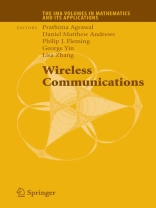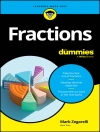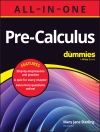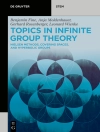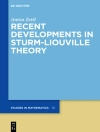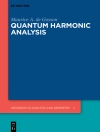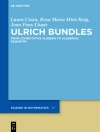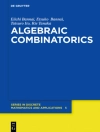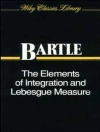This IMA Volume in Mathematics and its Applications Wireless Communications contains papers based on invited lectures at the very successful IMA Sum mer Program on Wireless Communications, held on June 22 – July 1, 2005. We would like to thank Prathima Agrawal (Auburn University), Daniel Matthew Andrews (Lucent Technologies), Philip J. Fleming (Mo torola, Inc.), George Yin (Wayne State University), and Lisa Zhang (Lucent Technologies) for their superb role as workshop organizers and editors of the proceedings. We take this opportunity to thank the National Science Foundation for its support of the IMA. Series Editors Douglas N. Arnold, Director of the IMA Arnd Scheel, Deputy Director of the IMA v PREFACE This volume presents papers, based on invited talks given at the 2005 IMA Summer Workshop on Wireless Communications, held at the Institute for Mathematics and Its Applications, University of Minnesota, June 22 July 1, 2005. The conference provided a well blended program to facilitate the com munications between academia and the industry, and to bridge the mathe matical sciences, engineering, information theory, and communication com munities. The emphases were on design and analysis of computationally efficient algorithms to better understand the behavior and to control the wireless telecommunication networks. As an achieve, this volume presents some of the highlights of the conference, and collects papers covering a broad spectrum of topics. All papers have been reviewed.
Cuprins
A Survey of Scheduling Theory in Wireless Data Networks.- Wireless Channel Parameters Maximizing TCP Throughput.- Heavy Traffic Methods in Wireless Systems: Towards Modeling Heavy Tails and Long Range Dependence.- Structural Results on Optimal Transmission Scheduling over Dynamical Fading Channels: A Constrained Markov Decision Process Approach.- Entropy, Inference, and Channel Coding.- Optimization of Wireless Multiple Antenna Communication System Throughput Via Quantized Rate Control.- Communication Strategies and Coding for Relaying.- Scheduling and Control of Multi-Node Mobile Communications Systems with Randomly-Varying Channels by Stability Methods.- A Game Theoretic Approach to Interference Management in Cognitive Networks.- Enabling Interoperability of Heterogeneous ad hoc Networks.- Overlay Networks for Wireless ad hoc Networks.- Dimensionality Reduction, Compression and Quantization for Distributed Estimation with Wireless Sensor Networks.- Fair Allocation of A Wireless Fading Channel: An Auction Approach.- Modelling and Stability of Fast TCP.
